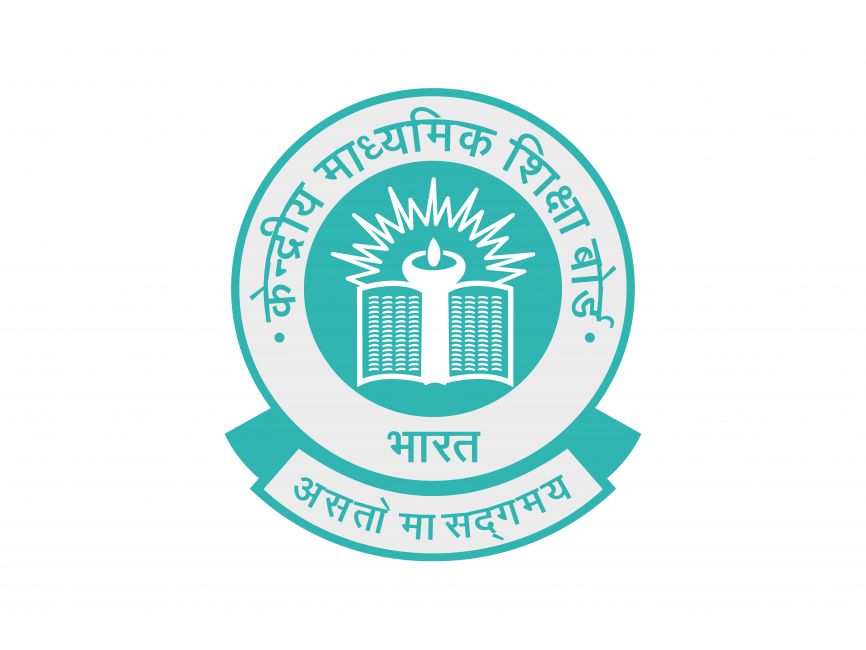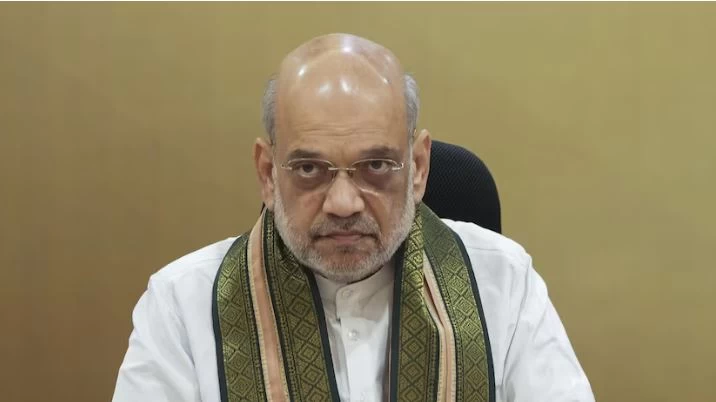Latest Updates
CBSE Schools Set to Introduce Instruction in Regional Languages, Similar to State Boards

New Delhi: In a significant move towards multilingual education, the Central Board of Secondary Education (CBSE) has suggested that schools affiliated with its board may adopt regional languages as optional mediums of instruction for education.
Acknowledging the steps taken by the Ministry of Education and the National Council of Education, Research, and Training (NCERT) to facilitate education in multiple languages under the National Education Policy 2020, the CBSE has urged its schools to leverage available resources and foster collaborations to maximize the benefits of multilingual education.
CBSE Director (Academic), Joseph Emmanuel, communicated in a letter to schools that they could consider using regional languages, as listed in Schedule 8 of the Indian Constitution, as an optional medium of instruction, from the foundational to secondary stage. He encouraged schools to utilize available resources, seek expert consultations, and share best practices to actualize multilingual education.
The board also recognized the challenges involved in implementing multilingual education and using the mother tongue as a medium of instruction. These include finding skilled teachers, creating high-quality multilingual textbooks, and dealing with time limitations, especially in two-shift government schools.
CBSE conveyed that NCERT is prioritizing the creation of textbooks in 22 regional languages for availability to all students in the ensuing sessions. It further noted the efforts of the higher education authority in providing and conducting exams in multiple languages.
Textbooks for technical, medical, vocational, skill, and law education are already available in regional languages, emphasizing the need for schools to lay the groundwork for multilingual education.










.webp)
